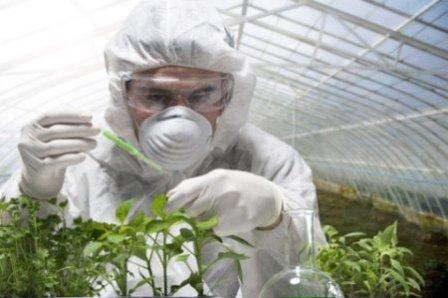Completed large-scale study of the impact of GMOs on the human condition

Genetically modified organisms referred to in the genotype which purposeful changes are made to increase yield, improve disease resistance, improved taste, and the like.
In 2015 in the US, GMO crops made up 99% harvested in the country of harvest of sugar beets, 94% of soybeans, 92% of fodder crops. Globally under GM crops withdrawn 12% of cultivated area.
the 70-ies of the scientists studying the effect of GMOs on human health and the environment that surrounds it. The American Academy of Sciences has completed the scale at today the study of this issue, analyzing the materials of the last 30 years.
According to the results, there are no manifestations of adverse effects of GMOs on human health. Such products do not cause obesity, cancer, diabetes, disorders of the gastrointestinal tract, and kidneys, autism and allergies. Not recorded a steady increase in the incidence after the spread of GMO products in the U.S. and Canada in the 90-ies.
in addition, the facts revealed beneficial effects of GMOs on the human condition, by reducing herbicide poisoning and increase the level of vitamins the citizens of the countries that are developing.
Additionally analyzed two aspects of the use of GMO plants: interaction with the environment and use of farms.
the Findings showed that the use of GMO crops does not harm the diversity of flora and fauna. Some crops, insect-resistant, even enrich the flora. Concerns that artificially modified genes could penetrate into the wild was not confirmed. Although the study proved such a possibility, however, harmful effects from gene transfer was found.
the Use of GMO crops by farmers also has no bad tendencies. Producers sell to farmers GMO seeds at high prices and forbid to make of it because it is protected by patents. However, such investment justify the high productivity and saving remedies.
the Public has a negative perception of genetic engineering, despite the fact that the harmful effects of GMOs, scientists have not detected. The concerns of the population employed, promoting in the market its products marked "GMO free", which in essence became a marketing tool.
the public should be listened to regulators and the legislature, so the use of GM plants in the agricultural sector is still tightly regulated.
Experts understand that the published study is unlikely to end the dispute between the supporters and enemies of GMO products, as this issue is more emotional than scientific.


